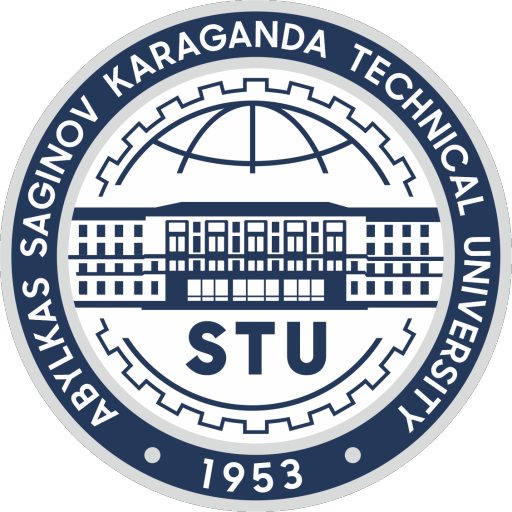– Knowledge economy and investments to the human capital have become the main vectors of state development in terms of global competition;
– Knowledge economy – is the type of economic development, based on the predominant contribution of science and education, contribution of science-intensive sectors of industry and service spheres (this economy model supposes large contributions to the science, education and health care as key spheres of vital activity, which form scientific-technological base of economy and human capital);
– Human capital – it’s a totality of knowledge, skills, qualifications, health state and motivation to labour (theory of human capital considers expense for education and health care not as unavoidable costs of social production, but as investment in the future);
– Education market with annual turnover 100 billion dollars became the sphere of a rigid competition of leading world powers (the USA, Great Britain, Canada, France, Germany, Australia);
– Research paradigm in education raises the question on effective pedagogical operationalization of scientific-research works in the capacity of teaching methods
– New rapid developing tendency in British education – combined education (the alternation of full-time lessons with forums and work in online -regime);
– Powerful higher institution must have long-term and broadly diversified sources of resource for protection from unpredictability of the market and changeability of state policy;
– Organization of powerful scientific laboratories is necessary for real competition with world brands (Harvard, Oxford, Cambridge) (the absence of such laboratories is a lack of important publications of world level);
– Preparation to innovative activity is on the base of engineering education of the USA, oriented to the market, invention to consumer;
– Key aspects of innovative education content in technical higher institutions of the USA are:
- Ø Teaching to general basic disciplines (Physics, Mathematics, Chemistry and etc.);
- Ø Development of invention;
- Ø Acknowledgement with economic principles of design;
- Ø Modeling of social – psychological context;
– for 3 years of study in bachelor’s programme every student of Arizona University (the USA) takes part in 4 large research projects, 3 of which are group; preparatory form for participants of students in such projects is implementation of small project works of research character by them during one-two lessons for each work;
– new models of global education of the third millennium are oriented on effective cooperation to overcoming of civilization from planetary anthropogenic crisis through the sustainable development (the main function of global education is not only transmission of knowledge, experience and culture, but formation of future generations on the way of radical reorganization of consciousness of our contemporaries);
– Evolable models of global education are aimed not only for satisfying of vital needs of present living and future generations, but also for their rise, when spiritual-intellectual needs and interests gradually become dominating;
– Studying processes, models and systems of education must be the subject of special direction in pedagogical science – “evolutional pedagogics”;
FACTS:
– 34% of Israel population gets higher education (experience of development of high technologies in Israel);
– in innovative-oriented countries more than half of all volume of financing of scientific researches come to private sector (in Japan and Germany – it’s 70% of all investments to science, in Finland and Sweden – 65%, in the USA -64%);
– according to the forecast, after 15-20 years more than 60% of people will have higher education in developed countries;
– holder of doctoral degree during all career earns more for 1,6 million dollars than college’s graduate and for 2,2 million dollars than specialist with secondary education (the USA data);
– in 2012 expenses of the RK in the sphere of scientific research will be 42 billion tenge;
– there are more than 17000 universities in the world and there are 50 various types of ratings on their rankings;
